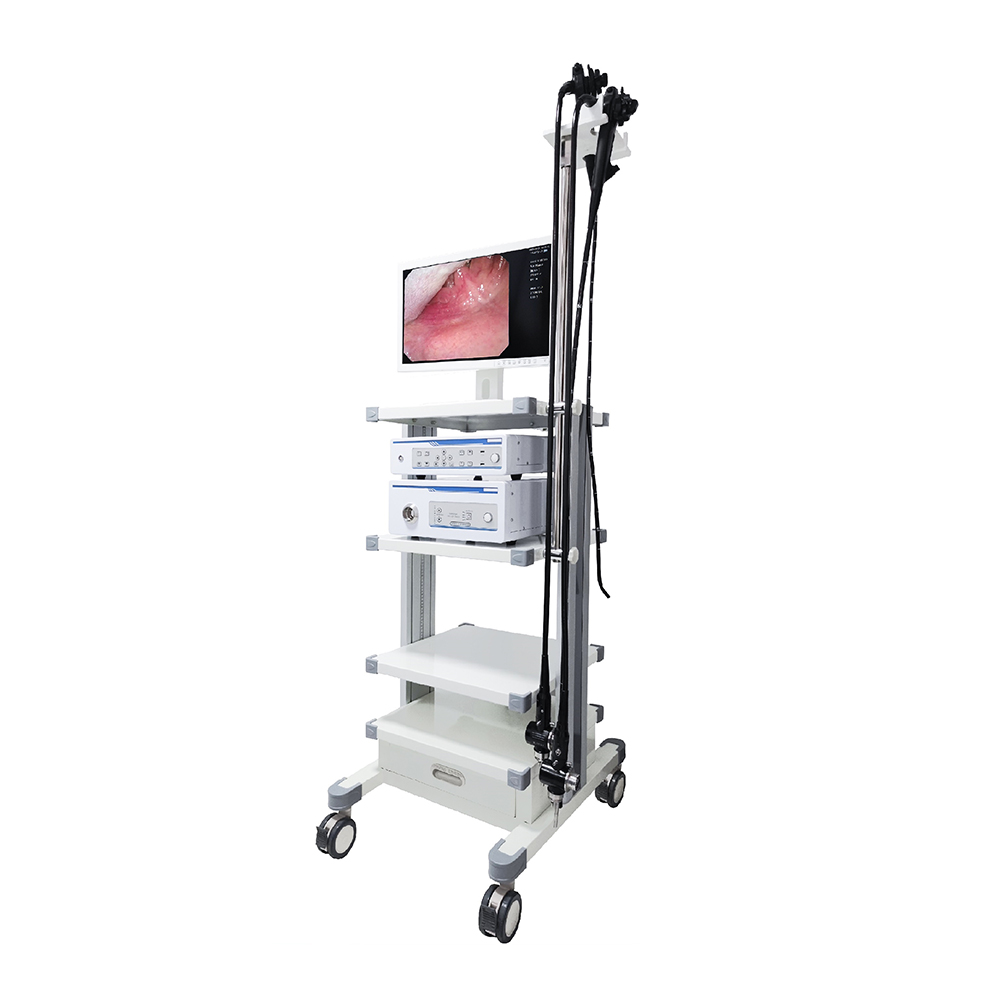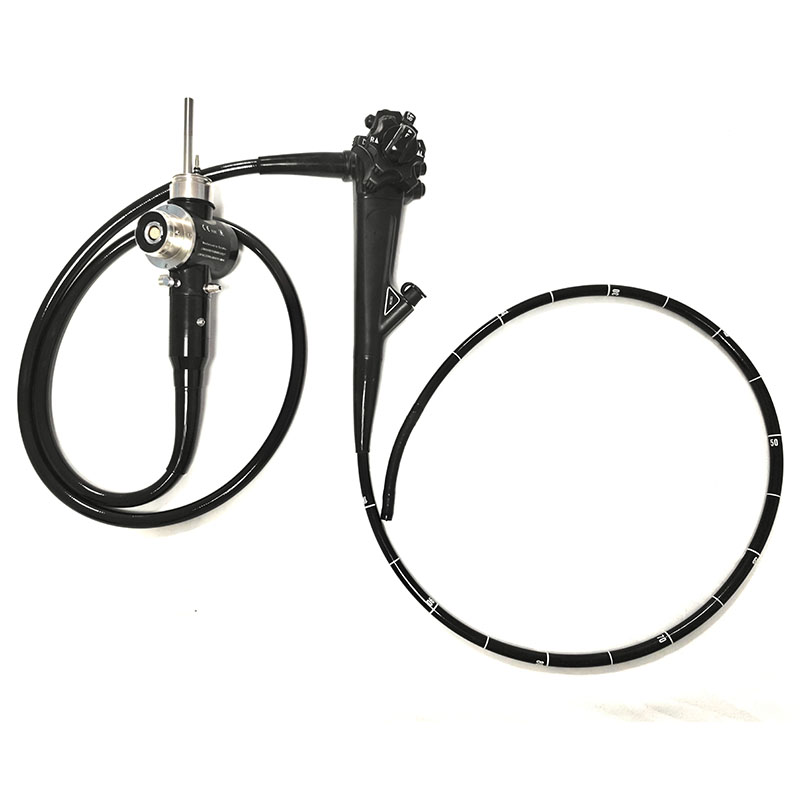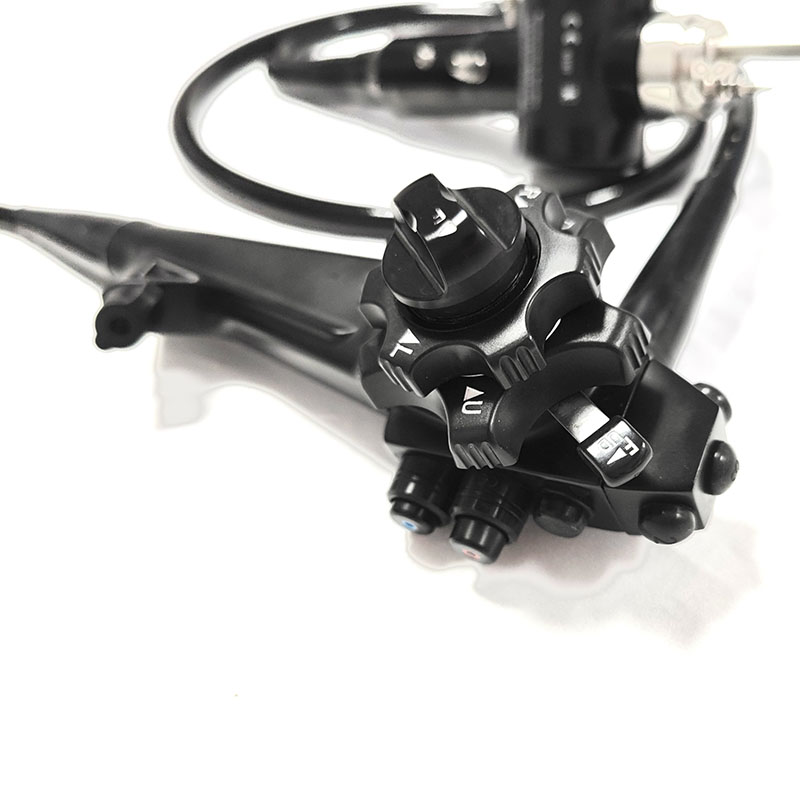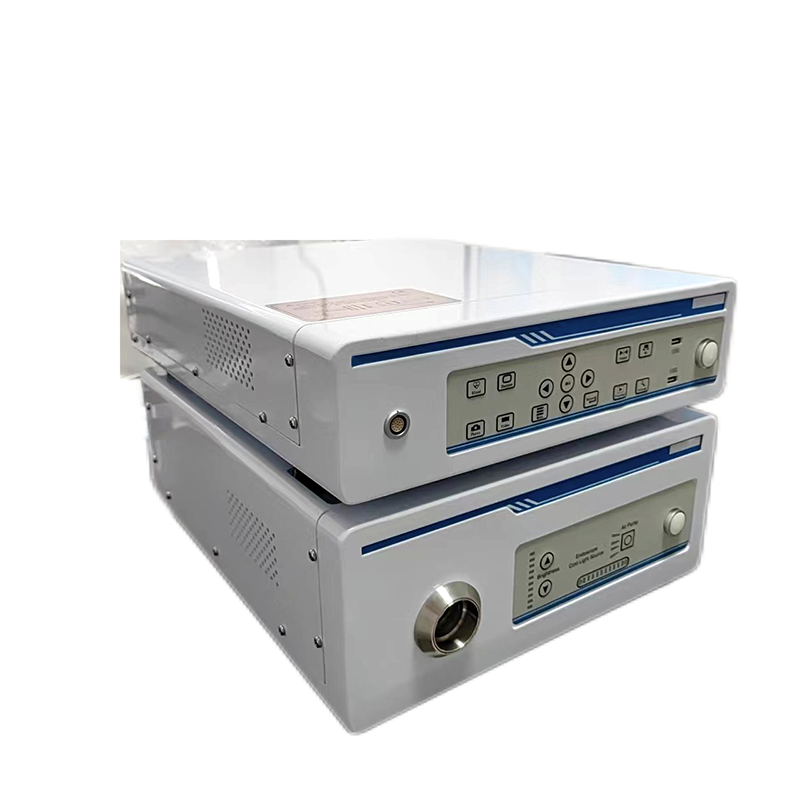Colonoscopy is a crucial procedure for preventing colorectal cancer, and it is essential to understand what happens during and after the procedure. Many people may be hesitant to undergo a colonoscopy due to concerns about pain and discomfort, but it is important to note that the procedure is typically painless and well-tolerated.

During a colonoscopy, a thin, flexible tube with a camera at the end, called a colonoscope, is inserted into the rectum and guided through the large intestine. The camera allows the doctor to examine the lining of the colon for any abnormalities, such as polyps or signs of cancer. The patient is usually sedated during the procedure to ensure comfort and relaxation. The entire process typically takes about 30 minutes to an hour, and patients are monitored closely by medical staff throughout.

After the colonoscopy, patients may experience some mild bloating or gas due to the air that was used to inflate the colon during the procedure. This discomfort usually subsides quickly. It is normal to feel a bit drowsy or groggy after the sedation, so it is important to have someone available to drive you home. In some cases, patients may notice a small amount of blood in their stool immediately following the procedure, but this is usually nothing to be concerned about and should resolve quickly.

The most important aspect of the post-colonoscopy period is the follow-up with the doctor to discuss the findings of the procedure. If any polyps were discovered during the colonoscopy, the doctor will advise on the appropriate course of action, which may include monitoring, removal, or further testing. It is crucial to follow the doctor's recommendations to ensure the best possible outcome for colorectal health.

In conclusion, while the thought of a colonoscopy may be daunting, it is a vital tool for preventing colorectal cancer. Understanding what happens during and after the procedure can help alleviate any concerns and encourage individuals to prioritize their colorectal health. Remember, the procedure is typically painless, and the discomfort afterward is minimal compared to the potential benefits of early detection and prevention of colorectal cancer.
Post time: Apr-10-2024

